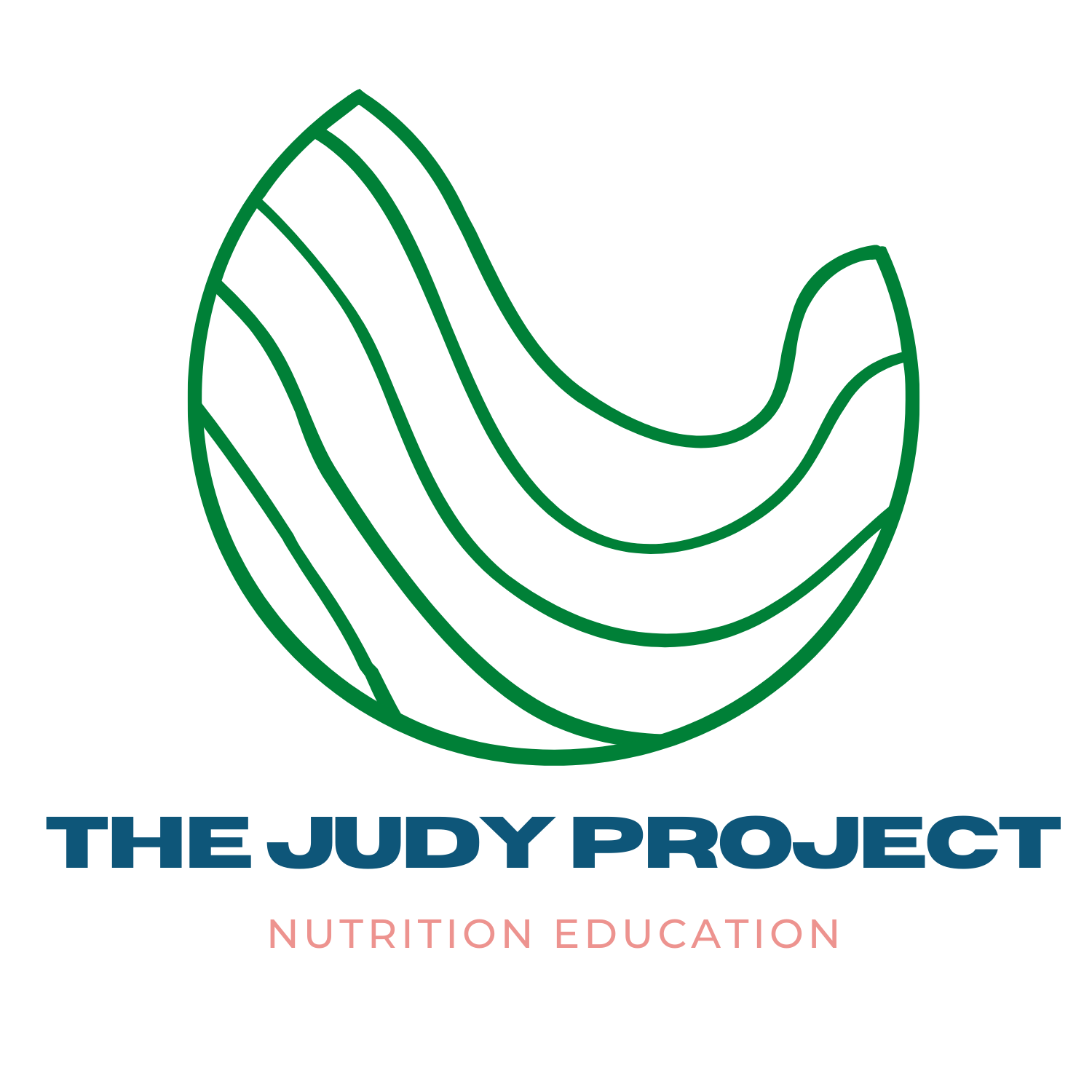Food Dyes Don’t Matter When It Comes to Good Nutrition — These Things Do!
Some evidence-based nutrition tips that can ACTUALLY move the needle on your health.
When it comes to nutrition advice, it feels like everyone online is shouting about what not to eat — seed oils, food dyes, artificial sweeteners — but the truth is, we’re missing the forest for the trees. As a registered dietitian focused on helping young and middle-aged adults reduce their risk of chronic diseases like heart disease, diabetes, and cancer, I want to refocus the conversation on what actually matters for long-term health.
The Problem Isn’t Red Dye 3 — It’s Overnutrition
Yes, the FDA is phasing out Red Dye No. 3 after studies showed high doses might cause cancer in male rats. But unless you’re eating 300 times the normal human exposure (which you're not), it’s not the main issue driving cancer rates. What is? Overnutrition — simply eating too many calories, often from highly processed foods.
What the Dietary Guidelines Say — and What We’re Getting Wrong
Every five years, the federal government updates the Dietary Guidelines for Americans, a science-based blueprint for reducing chronic disease through food. Unfortunately, we’re failing to follow it. Most Americans don’t even score a 60 out of 100 on the Healthy Eating Index, which measures adherence to these guidelines.
Here’s where young and middle-aged adults (19–59) fall short:
Not enough fruits and vegetables (2–4 cups daily recommended)
Not enough whole grains (at least half of your daily grains should be whole)
Not enough fiber (found only in carbs like fruits, veggies, and whole grains)
Too much sodium, saturated fat, and added sugar
Carbs Aren’t the Enemy — Fiber Is Your Friend
The rise of keto and carnivore diets has led many to fear carbohydrates. But cutting carbs often means cutting fiber, one of the most powerful disease-fighting nutrients. Adequate fiber helps regulate blood sugar, reduce cholesterol, and keep your digestive system healthy — all of which reduce your risk of type 2 diabetes, heart disease, and GI cancers. DOWNLOAD MY FREE FIBER EBOOK HERE!
Don’t Ditch Dairy — Just Be Smart About It
While many adults cut back on dairy due to lactose intolerance, dairy is one of the top sources of calcium, vitamin D, and protein — all vital for bone health. Options like yogurt, cheese, or lactose-free milks offer the benefits without the digestive upset. If you’re plant-based, make sure to choose fortified alternatives or consider supplementation, especially with vitamin D.
Where We’re Overdoing It
Sodium: Found mostly in restaurant meals, frozen dinners, and fast food — not the salt you sprinkle at home.
Added Sugar: Watch out for sugary beverages (including energy drinks, sweetened coffees, and regular soda). These can easily push you into calorie overload.
Saturated Fat: Especially from red meat, processed meat, full-fat dairy, and trendy animal fats like beef tallow. Swap in more plant-based proteins and use seed oils like olive or canola — they’re safe and better for your heart.
Bottom Line from a Dietitian
Instead of obsessing over niche ingredients, most of us would benefit from going back to the basics:
Eat more fruits, vegetables, and whole grains
Watch your sodium, added sugar, and saturated fat
Stick with balanced meals cooked at home when possible
Make smart swaps if your lifestyle is hectic (e.g., low-sodium frozen meals, salad bar hacks, or diet beverages)
Once you’ve nailed these fundamentals, then we can talk about the more nuanced nutrition strategies. But this is where we start — because this is what really reduces chronic disease risk.
